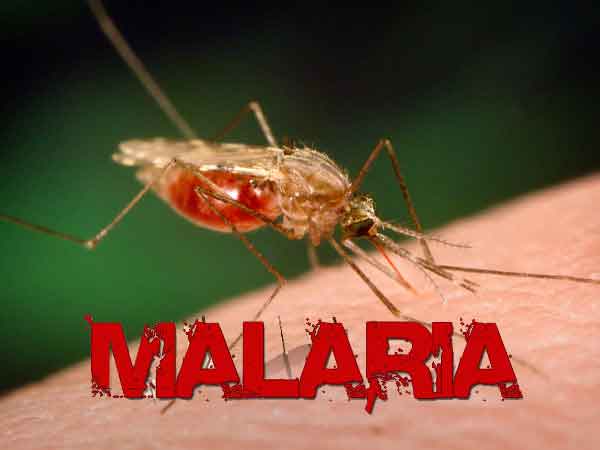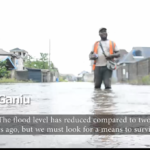
Tibenderana stated this at a press briefing organised in Abuja to mark the organisation’s 20th anniversary of contributions to global health.
Malaria is a life-threatening disease spread to humans by some types of mosquitoes. It is mostly found in tropical countries. It is preventable and curable.
The infection is caused by a parasite and does not spread from person to person.
Symptoms can be mild or life-threatening. Mild symptoms are fever, chills, and headache. Severe symptoms include fatigue, confusion, seizures, and difficulty breathing.
Tibenderana said, “Every single state in Nigeria is at risk of malaria. 97 per cent of the population is at risk of malaria. It is also important to appreciate that with the next interventions that are being deployed, such as insecticide-treated nets, indoor residual spraying, testing, and rapid diagnostic tests we are getting the right treatment.
“However, we are not achieving optimal coverage of these tools.”
The public health expert said there is a need to adapt to the changes taking place with the mosquito parasite.
“It is important that we understand that the mosquito or the parasites do not remain the same. They respond to what is going on in their environment. One of the things we need to get better at is that as a global community, we have to adapt to the changes that are taking place in the mosquito, as well as the parasite.
“So we must have the next generation of new drugs, the next generation of insecticides and the next generation of nets. We also need to add to the pipeline the next generation of vaccines, so that as the mosquito and the parasite are changing, we have new tools to deploy.”
He appealed to Nigerians to make use of the insecticide-treated mosquito nets.
He added that though the expected malaria vaccine would help reduce the prevalence, it does not work alone.
“The two vaccines that have been recommended by the World Health Organisation were on the basis that nets are being used and that households have access to treatments whenever they have a fever.
“We don’t yet have a vaccine that works on its own and that type of vaccine is still a long way off. So none of the tools that we are deploying work alone, they work in combination. Sometimes they are synergistic. In other words, the combined effect is greater than if you deploy them singly.
“So for Nigeria to derive the optimal impact of these interventions, coverage needs to be high, use needs to be consistent and we all need to be involved in this struggle to free Nigeria from malaria,” he added.
On his part, the Country Director of the organisation in Nigeria, Dr Kolawole Maxwell, said that the organisation has secured $200 million for ongoing malaria projects in Nigeria from 2020 to 2026.
Maxwell disclosed that $250 million of the amount has been spent on training, procurement of commodities, and net distribution to Nigerians.
“So indeed, this is 20 years of celebration of good partnership, prevention of Nigerian children from dying, working with the government, and partners.”
The WHO noted that Nigeria accounts for around 27 per cent of the global burden of malaria cases.
The body said the malaria incidence in the country has fallen by 26 per cent since 2000, from 413 per 1000 to 302 per 1000 in 2021, and malaria deaths fell by 55 per cent, from 2.1 per 1000 population to 0.9 per 1000 population.
Malaria Consortium is a non-profit organisation established in 2003 with a mandate on maternal and child health, using malaria as an entry point to bring technical and managerial support to the health system in Asia and Africa.
It began operations in Nigeria in 2008 and has reached a vulnerable population of mainly women and children with prevention and treatment of malaria and other communicable diseases in Nigeria, covering 22 states and the FCT at different times.





